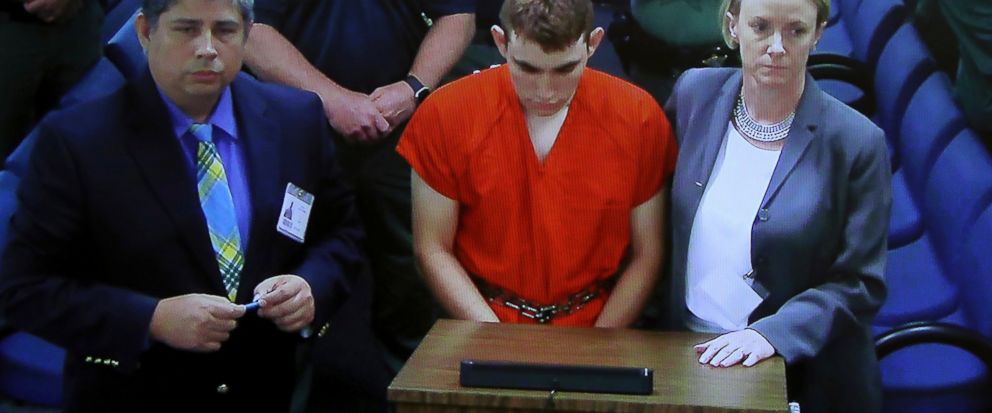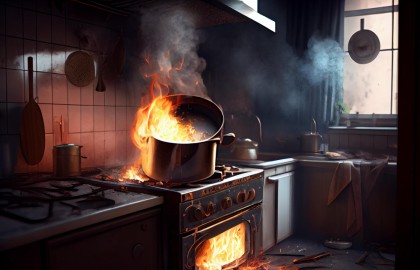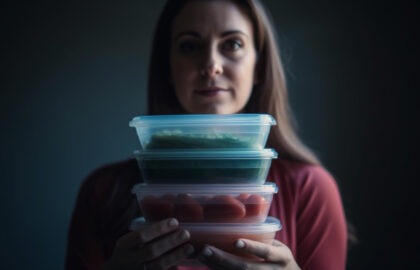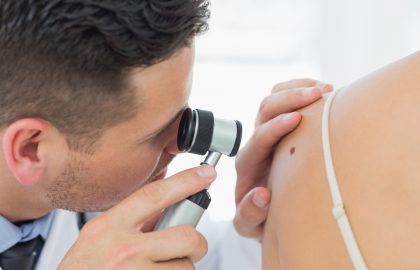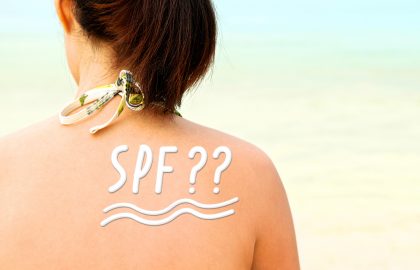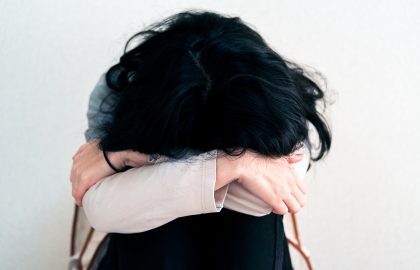Florida shooting raises awareness of stigma attached to mental illness
WATCH Suspect Nikolas Cruz shot into at least 5 different classrooms on 2 floors: Authorities
Following Wednesday's shooting rampage at a South Florida high school by a 19-year-old suspect that left 17 dead — the deadliest school shooting in five years — Americans are scrambling for answers to make sense of the tragedy. Though there may be red flags that predict violence, mental illness is not one of them. Research has shown again and again that mental illness itself does not significantly increase the risk of violence.
Interested in Florida School Shooting?
Add Florida School Shooting as an interest to stay up to date on the latest Florida School Shooting news, video, and analysis from ABC News. Florida School Shooting Add Interest
Reporting following the massacre has cast alleged shooter Nikolas Cruz as a troubled loner who made disturbing comments on social media. He told investigators that he heard voices in his head, law enforcement sources told ABC News. And an attorney for the family who had taken Cruz in after his adoptive mother died said he was "depressed" following her death but had been going to therapy.
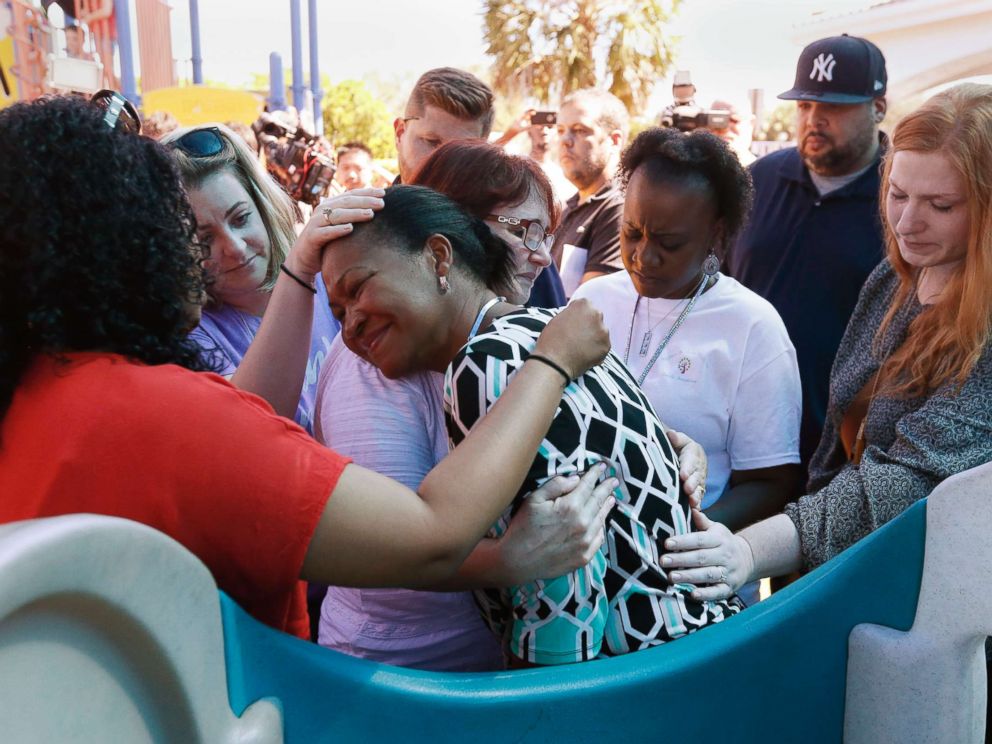 Wilfredo Lee/AP
Wilfredo Lee/APIt's not unusual for a newly orphaned young man to have depressive symptoms. In this situation, seeking mental health care is not only appropriate, but responsible. And though he was expelled from school, thousands of students are asked to leave school each year. It does not mean they return with a legally purchased assault rifle.
Nevertheless, government officials seem oblivious to these facts. While tweeting his thoughts and prayers, President Donald Trump wrote, "So many signs that the Florida shooter was mentally disturbed, even expelled from school for bad and erratic behavior. Neighbors and classmates knew he was a big problem. Must always report such instances to authorities, again and again!"
Florida Governor Rick Scott vowed to keep guns out of the hands of those with mental illness. And Attorney General Jeff Sessions committed to “study the intersection of mental health and criminality and identify how we can stop people capable of such heinous crimes.”
 Instagram via AP
Instagram via APDr. Liza Gold, a forensic psychiatrist and clinical professor of psychiatry at Georgetown University School of Medicine, disagrees with the snap diagnosis that many have made.
"It's not a mental health problem," Gold said. "It’s a disgrace that our leaders don’t take corrective action and their knee jerk reaction is to go to mental health."
It’s a reaction, Gold believes, that means that fewer people seek help. "They’re a disenfranchised population that is very easy to go after. The stigma attached to mental illness increases so the people who do need help are less forthcoming."
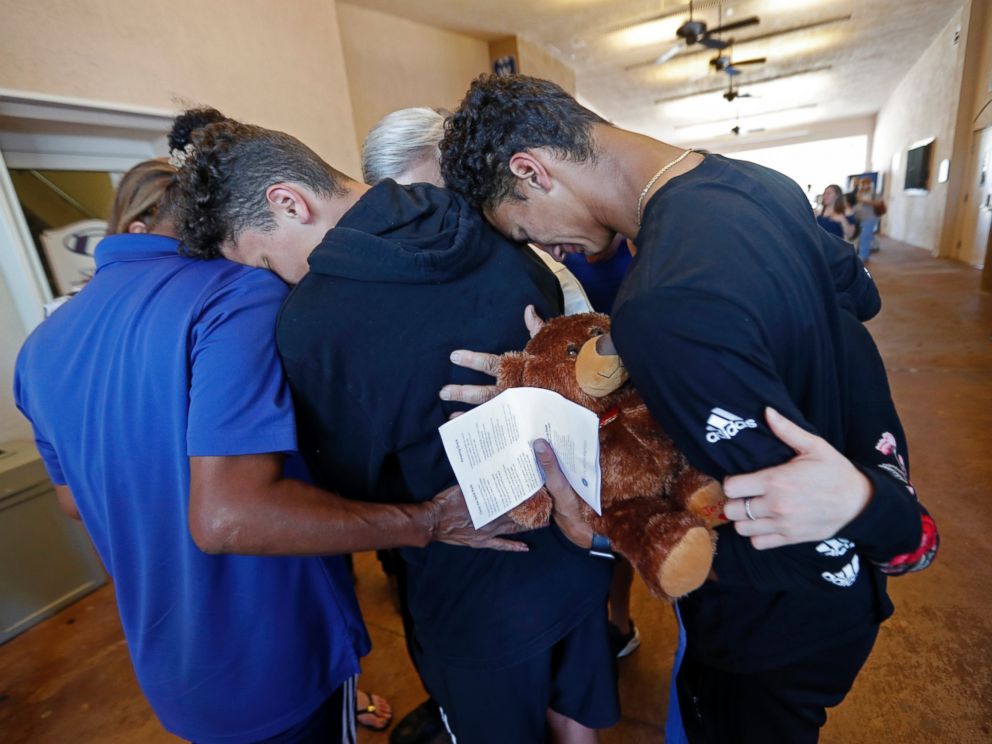 The Associated Press
The Associated PressPublic opinion and medical research are far apart when it comes to the intersection of mental illness and criminality. A 2009 study published in the Journal of the American Medical Association highlighted the discrepancy: 75 percent of people view those with mental illness as dangerous, and 60 percent believe that those with schizophrenia are more likely to commit violent acts. But those numbers have nothing to do with real-world statistics.
The study showed that severe mental illness is quite common, with almost 11 percent of study participants diagnosed with schizophrenia, bipolar disorder, or major depressive disorder. These people are not at increased risk of committing violent acts (though the mentally ill who also abuse substances are).
But the numbers have told us, for years, that mental illness is not generally linked to violence against others, but to self-harm. "Although it is not uncommon that the perpetrator of a mass shooting has a mental illness, it is uncommon for persons with a mental illness to engage in violent behaviors,” Dr. Jeffrey Metzner, clinical professor of psychiatry at University of Colorado School of Medicine and court-appointed forensic psychiatrist in the Aurora theater shooting case, told ABC News. "Further studies are not needed -– adequate funding is needed."
“The mental health system is under-resourced and over-burdened," said Jeffrey Swanson, PhD, sociologist and professor of psychiatry and behavioral sciences at Duke University School of Medicine. "It’s held together by duct tape."
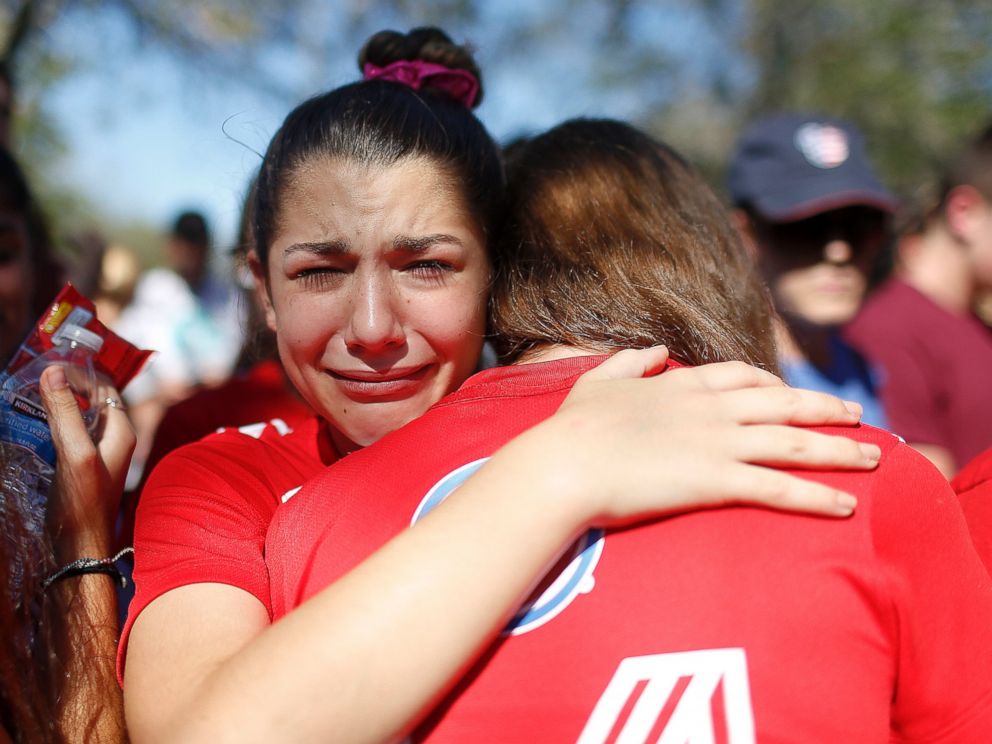 The Associated Press
The Associated PressEven a rise in funding for mental health would not be enough, Gold cautions. “You can dump all the money you want into mental health and you are likely to bring down firearm suicide rate,” she said. “But it won’t make a dent in other types of violence, including mass shootings.”
The majority of gun deaths -– two-thirds -– are from suicide, with mental illness as the strongest causal factor, Swanson said. Of the remaining gun deaths due to violence, only 2 percent can be attributed to mass shootings. The other 98 percent is due to domestic violence and other forms of interpersonal violence, Gold added. “People are missing the forest for the trees. If you do that, you can’t design effective policy,” she said.
These experts argue that there needs to be better gun control policy, saying while the United States Constitution protects Americans’ right to bear arms, there are many levels of intervention that do not infringe on this right.
“I don’t know how many more times it has to happen -– mass shootings, school shootings, etc.," Gold said. "It’s clear that the problem is not being addressed. The government is sending a message to the American people that we’re all potential victims and there’s nothing we can do about it. But there are many things we can do. People in crisis should not have access to firearms. There’s lots of information about risk factors and none of it is being used to craft evidence-based policy that might potentially be effective.”
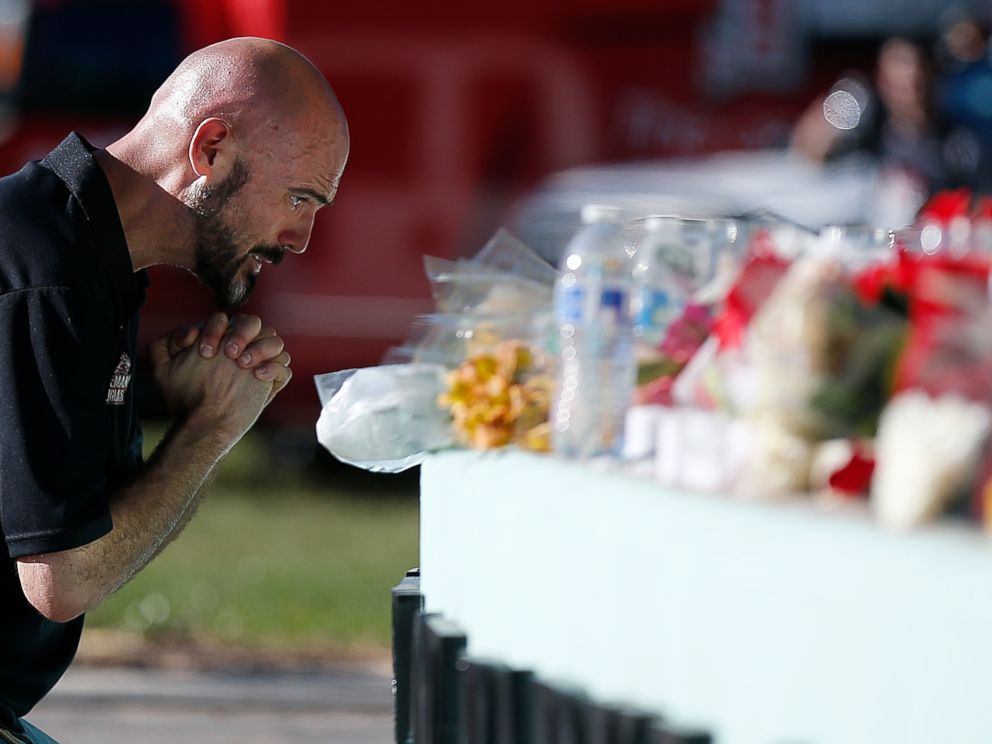 The Associated Press
The Associated PressSwanson said that there are already effective policies in certain states that could be applied elsewhere, identifying Connecticut as a “pioneer” in instituting a law to allow police to temporarily remove guns from those determined to be at imminent risk of harm to self or others. Another solution, Swanson said, would be to develop better criteria at the point of sale, such as limiting gun sales in those with violent misdemeanors or those with temporary orders of protection against them.
“Why would someone like that be able to legally buy an automatic rifle? Why is someone able to buy military weapons that are only used to kill people? Not all guns are the same,” Gold said. “You can have guns to hunt with, unless you’re hunting people.”
Christy Duan is a psychiatry resident physician at Zucker Hillside Hospital in New York and a resident at the ABC News Medical Unit. Read more of her work at www.christyduan.com.
- Star
